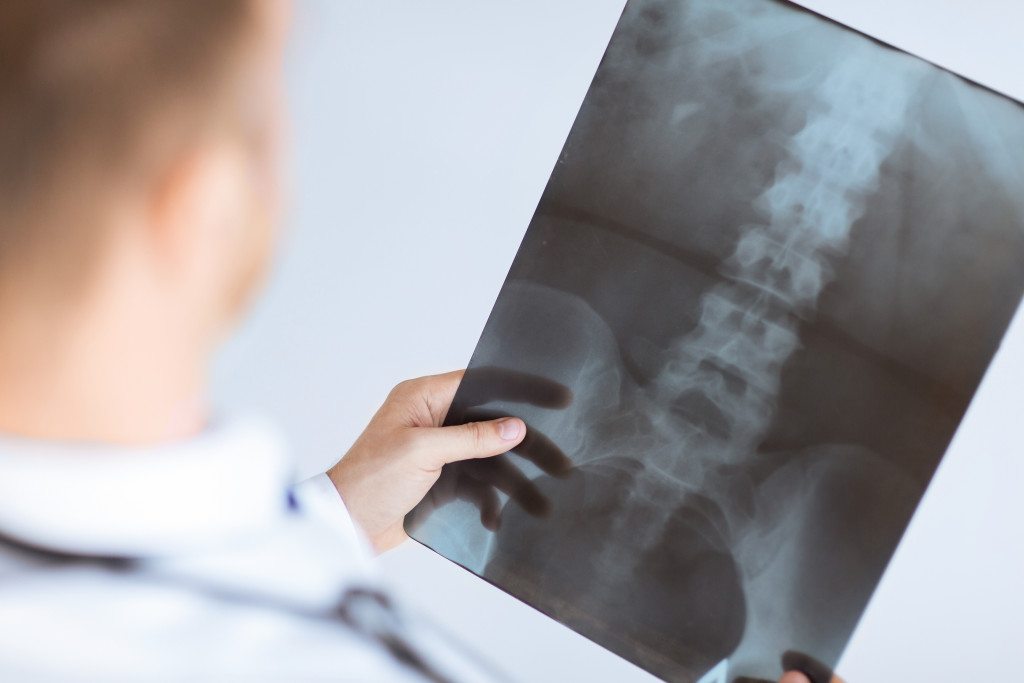Falls are a significant health issue among senior citizens. In fact, falls among senior citizens are so common and so dangerous that they are one of the most common reasons elderly people are admitted into nursing home care. Family members will often urge senior relatives to enter nursing homes once they realize they cannot monitor the individual or prevent falls from occurring. This brings up an important question: if seniors are prone to falls, can nursing homes be held responsible for personal injury when a fall occurs? Nursing home abuse attorney Brent Wieand from a PA nursing home law firm explores how negligence impacts liability.
From a young person’s perspective, falling down seems nothing more than a momentary, mildly unpleasant experience with few to no medical consequences. While this may be true for the young and the middle-aged, for older adults, falls are significant events which carry enormous potential for serious injury and health complications to occur, as PA nursing home lawyers know.
Even in the most active of seniors, physiological issues like muscle deterioration, slowed reflexes, vision loss, sensory problems, and even the side effects of taking certain medications are unavoidable biological realities of aging. These factors all combine to dramatically increase the likelihood of a fall occurring as a person grows older.
While the risk of falling is aggravated by environmental conditions like cluttered floors or icy driveways, senior citizens are also susceptible to sudden falls, with little to no warning, which are not necessarily caused by physical hazards or obstacles.
In fact, falls among the elderly are so common that they are tracked and studied by the CDC, which uses the term “older adults” to mean individuals aged 65 or older. The CDC adult fall statistics illustrate just how dangerous falls can be to seniors. For example:
Surprisingly, race seems to play an important role in determining fall susceptibility among seniors. The CDC found that “white women have significantly higher hip fracture rates than black women,” and that “older non-Hispanics have higher fatal fall rates than Hispanics.”

We’ve established that falls are both widespread and a cause for medical concern. But considering how common falls are, when and how does a nursing home become liable?
The answer lies with the standard of care the nursing home exercises with regard to the fall victim. While nursing homes are not responsible for falls 100% of the time, there is a distinction between innocent accidents and falls which result from inadequate care and supervision.
The moment a nursing home has a resident sign an admission agreement, that contract creates a formal relationship in which the nursing home assumes a “duty of care” toward the resident, similar to the “duty of care” doctors have toward their patients. Federal laws like the Federal Nursing Home Reform Act (FNHRA) mandate uniform care standards, which are further supported by additional state laws for nursing homes.
For example, the FNHRA provides that nursing home residents have “the right to be free from physical or mental abuse, corporal punishment, involuntary seclusion, and any physical or chemical restraints imposed for the purposes of discipline or convenience and not required to treat the resident’s medical symptoms.” Nursing homes which do fail to live up to these standards may be subject to civil penalties imposed by government agencies.
In situations where nursing homes fail to meet the basic, minimum care standards provided by law, negligence often proves a key factor. In plain terms, the legal concept of negligence means that an individual failed to avoid or correct a hazardous situation, which he or she should have anticipated or known about, resulting in harm to another person.
Nursing homes should assess residents for fall risks, and should pay close attention to monitoring and physically supporting fall risk patients. If a senior becomes injured because staff failed to take basic precautionary measures when they were aware of the risk of falling, the staff who permitted the preventable fall to occur could potentially be held liable for personal injuries or wrongful death. Falls may be a natural part of the aging process, but that doesn’t give nursing homes a “free pass” to ignore the risk of falling.
Sometimes, the issue isn’t quality of care provided by the staff members — it’s the quality of the medical equipment the home is using. If a senior is injured because of a malfunctioning or defective product, such as a wheelchair or walker, the plaintiff could potentially file a product liability claim.
If your loved one was injured in a nursing home fall accident, or if you’re concerned about caregiver negligence or elder abuse, it’s important to get legal help immediately from a nursing home abuse lawyer in Philadelphia, PA. To set up a free and private case evaluation, call nursing home neglect lawyer Brent Wieand right away at (888) 789-3161. As a nursing home lawyer in Philadelphia, PA Brent represents residents of Pennsylvania and New Jersey.
Please be advised this article does not constitute legal advice. You should always consult with an attorney if you have any questions or concerns regarding violations of senior citizens’ legal rights or the process of filing a personal injury or wrongful death claim in your state.